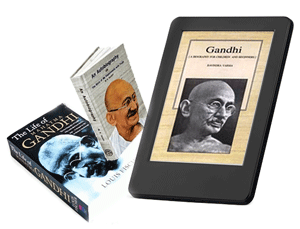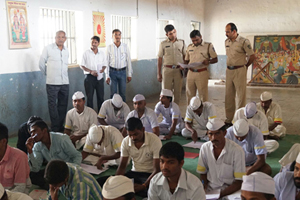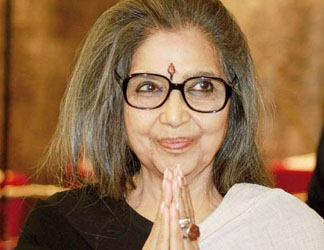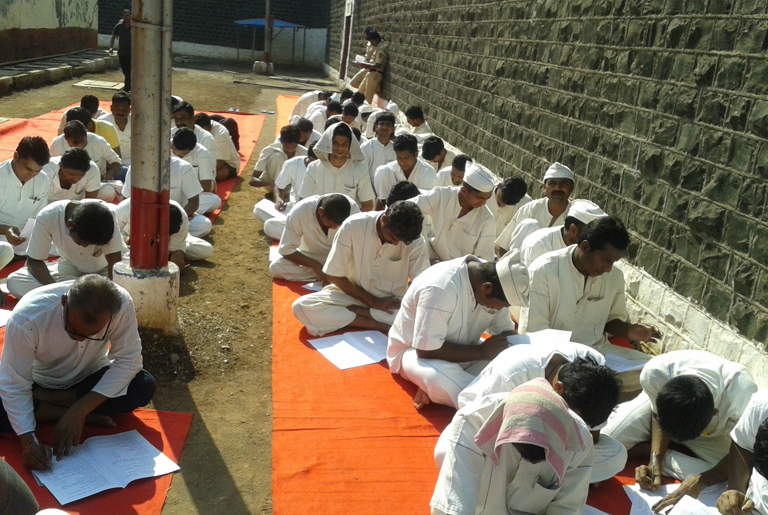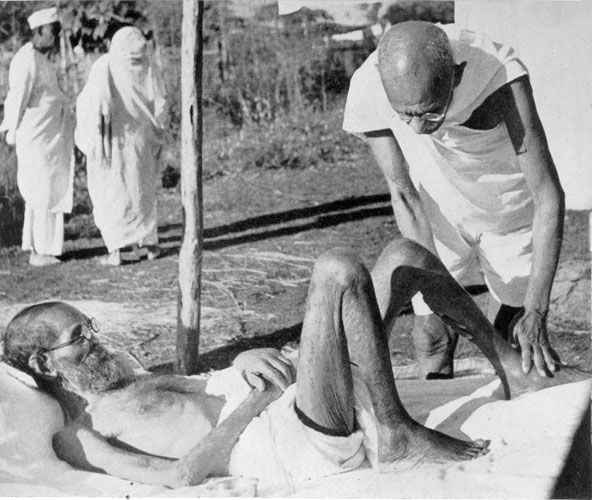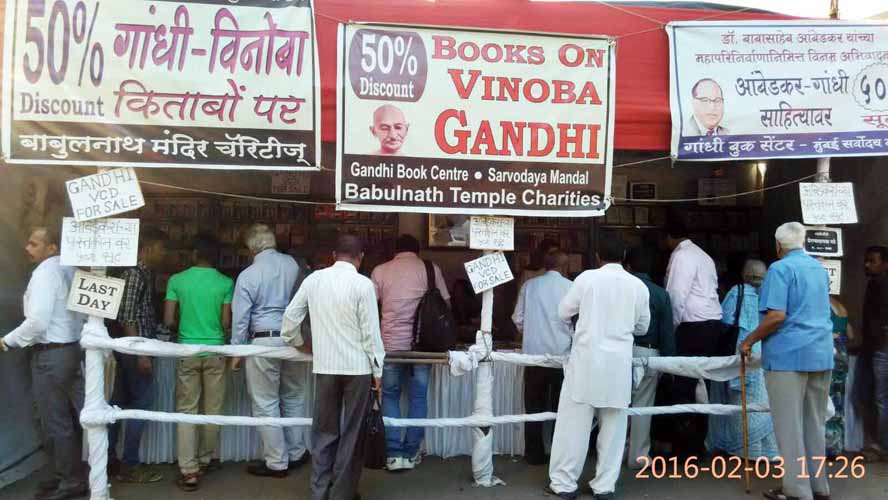Gandhi Journal Article-III ( July 2016 )
Gandhiji's Basic Education: A Medium of Value Education
The function of education is to create ideal citizens. Ideal means an individual is overwhelming with virtues and is always well behaved. Idol citizens are the pre-requisite for coherent and comprehensive development. The education to produce the best citizens means the education of the hearts of people. This expects education to changes the hearts of individuals.
Explaining the meaning of genuine education Mahatma Gandhiji says, “Genuine education does not consist of cramming a lot of information and numbers in mind. Nor it lies in passing the examination by reading a number of books, but it lies in developing character. It is a real education which inculcates internal virtues (values) in human beings. If you can develop such virtues, it will be the best education”.
“Education is a process of comprehensive development of the best things (point, parts) lying in the mind and soul of children or men and bringing them out”1 Gandhiji has shown the royal path to us and to the world to observe and implement the lofty virtues and daily life practice by setting an example of himself by putting in to practice those ideals in his daily life activities. Value education means the education that teaches to put the virtues and values in to practices.
